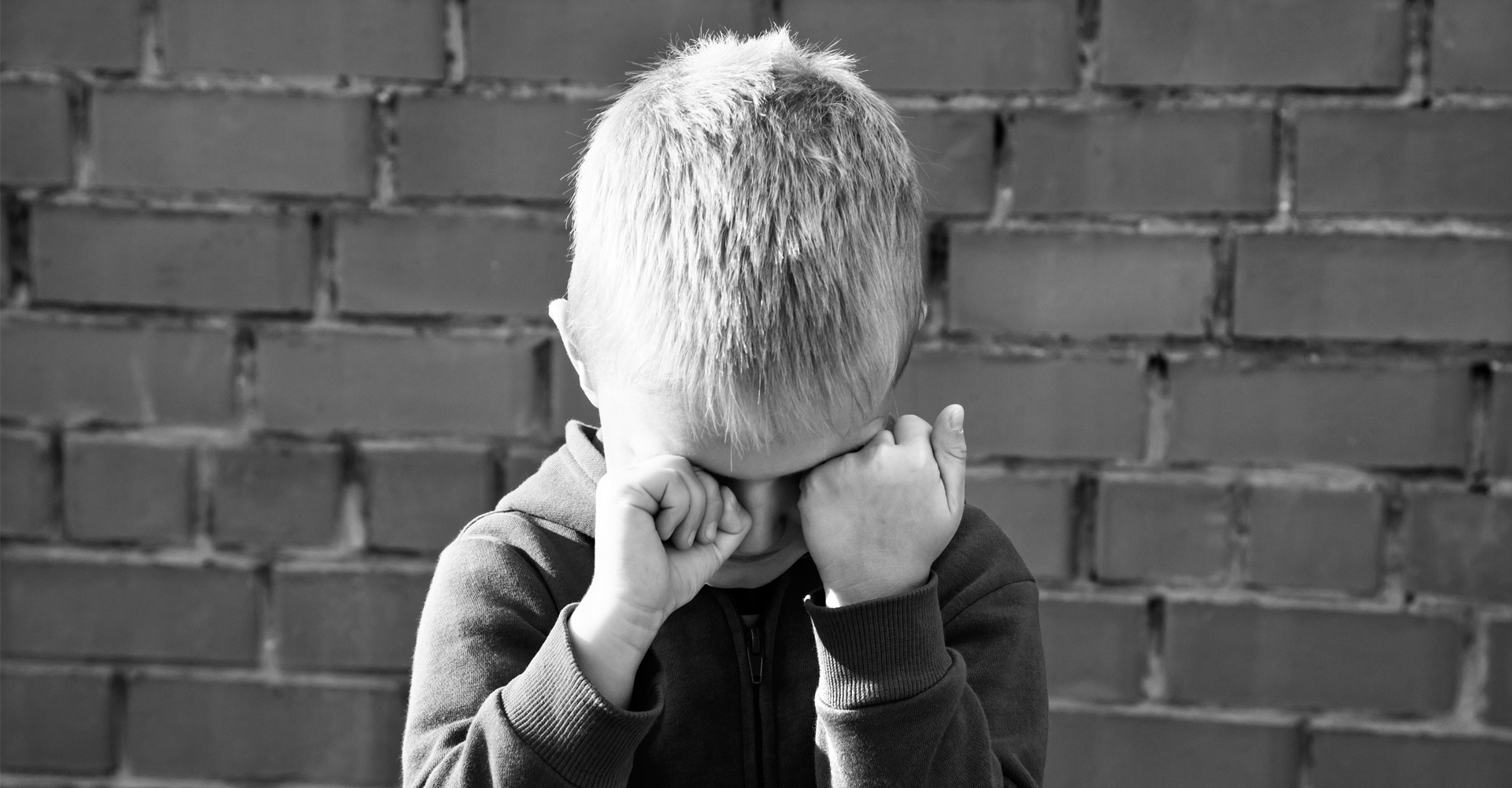
How to Respond When Children Get Emotional
Many parents must face the challenge of learning how to respond when their children show emotions, especially “negative” ones like fear, anger, anxiety, frustration, etc.
Unfortunately, one of the most common responses is for a parent to shut down those “negative” emotions immediately. “Stop crying.” “Don’t be so sensitive.” Parents also respond by distracting their child, encouraging them to go play and not think about their feelings. They do not take the time to help the emotional child process and learn from his or her feelings.
When I was a child, my mother could not bear to deal with me when I would get upset. Instead of trying to figure out why I might be crying, she just told me, “Don’t cry.” When she said this to me, I straightened my face, but I couldn’t stop the tears. I wanted to be seen and heard and needed to feel those emotions. Unfortunately, her response came from a place of personal discomfort, not from a place of trying to understand what might be going on inside me as a little girl.
“When parents offer their children empathy and help them to cope with negative feelings like anger, sadness, and fear, parents build bridges of loyalty and affection.”
― John M. Gottman, Raising An Emotionally Intelligent Child
I know my experience as a child is not unique, as I see similar scenarios play out with other families. Instead of shutting down our children’s emotions or judging them for showing their frustration, we must help our children understand their emotions. Emotions are not bad or good. They are simply there to inform us! If a child bottles up their emotions, he or she will eventually blow up. The emotions then take control of the child, rather than the child using these emotions to inform his or her choices. This learned behavior could stick with them for life.
When your child shows emotions, try following these three steps:
(1) Take a moment to enter your child’s world and focus on their emotions at that time.
(2) Ask them questions that will help them describe their emotions. “How are you feeling?” “What’s going on with you right now?” They may not be able to name specific emotions, and instead will express themselves with metaphors, “I feel like I have butterflies in my stomach.”
(3) Listen and allow them to be heard. When children articulate their emotions it is often a solution in itself. And they are more inclined to calm down if they feel you are not trying to fix them.
Emotions are a natural part of being human. When we help our children learn to process their emotions, we empower them so they can better understand themselves and the situations they experience.
Gonan Premfors
Gonan is the originator of the philosophies behind the Parentology, Trust and Open Heart workshops. An industry thought-leader and a perennial innovator, Gonan is setting trends in the realms of families and business worldwide. Her eclectic background; being born in Turkey, married to a Swede, having lived in the Middle East for 25 years and now living in California, she truly brings a new dynamic perspective to an important field. -- view all articles
